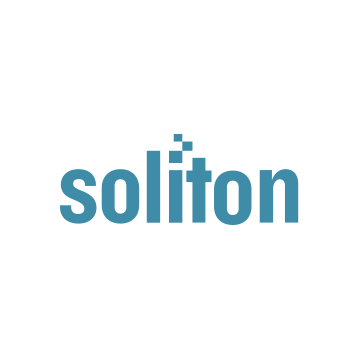
Soliton (NASDAQ:SOLY) presented new positive data from the company’s pivotal cellulite clinical trial at the American Academy of Dermatology 2020 virtual conference.
The trial enrolled and treated 67 subjects at four clinical sites, of which 62 subjects were evaluated in the results analysis due the exclusion of five patients for violation of inclusion criteria or incomplete follow-ups. Eighty-five percent of subjects responded to treatment with an improvement in the cellulite severity score ranging from 6.7% to 85.7%.
In addition to demonstrating an average 32.5% improvement in the cellulite severity score, patient satisfaction was strong with 91.9% of subjects agreeing or strongly agreeing that their cellulite appeared improved. There were no unexpected or serious adverse events and the average pain scores were 2.4 on a 10-point scale.
The majority of existing non-invasive cellulite treatment options on the market today recommend four-to-six treatments. Soliton results in pivotal study were generated by a single treatment session.
“I am excited to bring the rapid acoustic pulse technology to my patients to improve the appearance of their cellulite, in particular given that it is a non-invasive procedure that requires no downtime. I think my patients will love it,” Dr. Elizabeth Tanzi, director at Capital Laser & Skin Care, Chevy Chase, MD, and a member of Soliton’s SAB, said in a statement
The Soliton clinical trial protocol provided for a single 20-to-30-minute, non-invasive treatment in which the company’s Rapid Acoustic Pulse device was applied to the surface of the patients’ skin. The treatment required no anesthesia.
Soliton plans to file a 510(k) notification and believe there is a reasonable expectation that the FDA will allow the company to utilize this clearance pathway in order to market the product.
“However, should the FDA deem our choice of predicate device to be inadequate, we would be required to convert our application to a de novo request, which we estimate would extend the filing and review process by approximately six-to-nine months,” the company said.






